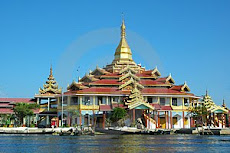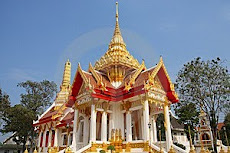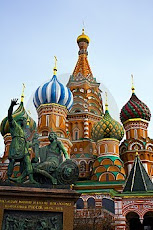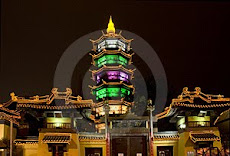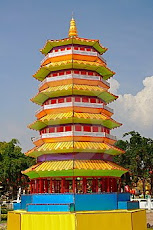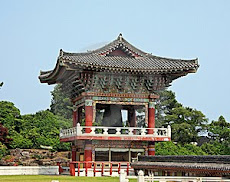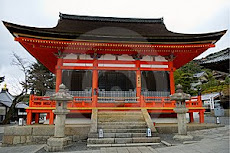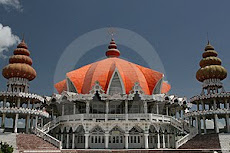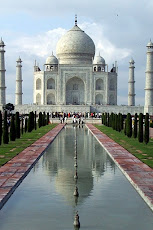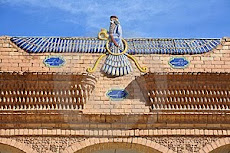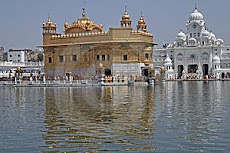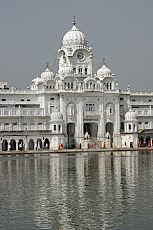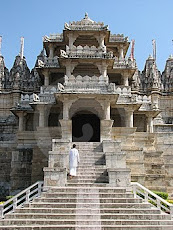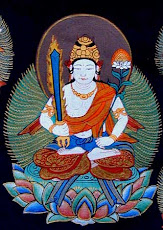
This great ethical and philosophical system is named after its founder, Confucius (Master Kong), who lived in the late 6th and early 5th centuries BC, born into a middle class family, although the family was actually in the superior class of the current dynasty. His Chinese name was later latinised to Confucius by Jesuit missionaries. This form became the convention in most western languages, and accordingly we shall refer to him by this westernised name. When grown up, Confucius went state to state teaching rulers of the states. He is credited with a number of books, the best-known of which is the Analects, a collection of his sayings that was compiled and edited to its modern form during the Han dynasty.
It is debatable whether the system he founded should be called a religion. While it prescribes a great deal of ritual, little of it could be construed as worship or meditation in a formal sense. Confucius occasionally made statements about the existence of other-worldly beings that sound distinctly agnostic and humanistic to western ears. Thus it is usually considered an ethical tradition without being considered a religion.
However, its effect on Chinese society and culture was very deep and parallels the effects of religious movements seen in other cultures. Also, one should guard against too narrow a definition of religion. Those who follow the teachings of Confucius are comforted by it; it makes their lives more complete and their sufferings bearable. Finally, consider the fact that religions in Chinese culture are not mutually exclusive entities - each tradition was free to find its specific niche, its field of specialisation. One can be a Taoist, Christian, Muslim, Shintoist or Buddhist and still profess Confucianist beliefs.
Confucianism specialised in ethics, in the orderly arrangement of society and correct relationships between people. Confucius himself lived in an era (The Eastern Zhou dynasty) when China was divided into a number of small states each ruled by a warlord or nobleman who paid little more than lip service to the emperor who in theory still ruled the Middle Kingdom (China) from the capital, Luoyang. The frequent wars between these states disrupted the structure of society. As a result, there was a deeply felt need for a theory of society that would act as a cohesive factor and that could reunite the Chinese nation. A number of philosophies (e.g. Mohism and Legalism) arose to fulfil this need. That of Confucius was eventually the most successful, due largely to the supremacy it achieved during the Han Dynasty.



